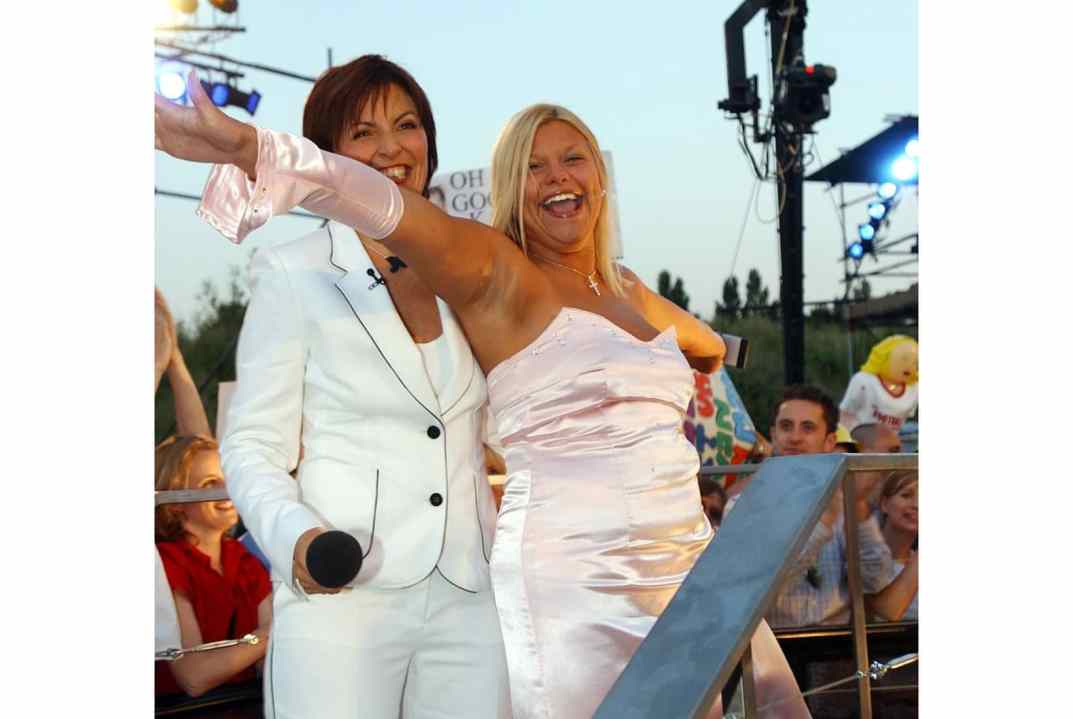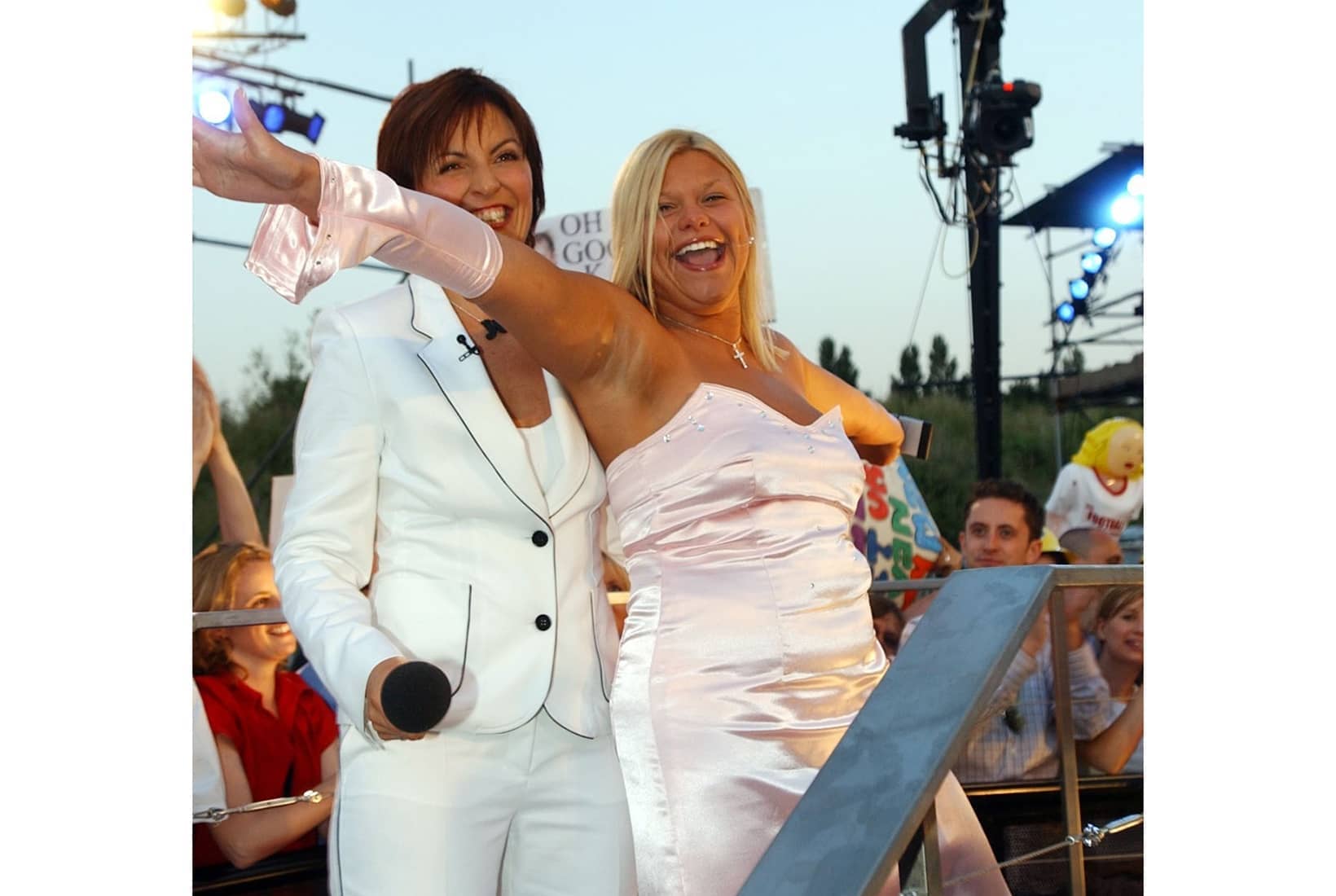Jade Goody appeared on Big Brother in 2002. She was a short, loud, blonde-haired woman who broadcast her every thought and feeling, either in her thick Cockney accent or with her unforgettable face. She became a star. In 2007 she appeared on Celebrity Big Brother, where she made racist comments about her fellow contestant, the Bollywood actress Shilpa Shetty. Effigies of Goody were burned in India; the Sun called her ‘the face of hate’. Hoping to redeem herself, she agreed to appear on Indian Big Brother, where she was told she had cervical cancer with the cameras still rolling. She died less than nine months later.
It was a three-act drama that only reality TV could have delivered. Call it 45 minutes of fame. Goody was difficult, abrasive and naive, with an effortless talent for being herself. She had the quality that Sirin Kale and Pandora Sykes, in their new podcast Unreal, identify as the key to reality TV success: authenticity.
On reality TV, they argue, viewers could tolerate people from very surprising walks of life – gay people, trans people, people with disabilities – choosing winners who were, as the misleading saying goes, ‘ahead of their time’. But if there was a difference between who you were and how you acted, if they could sense a calculation taking place between what you thought and what you did, you were finished. This preference for immediate, legible personalities meant that reality TV produced its own first premises as a criterion of success: what viewers wanted from their TV playpeople was for them to be ‘real’.
Watching Simon Cowell breathe Novichok at wobbly teens never felt normal or guiltless
They were already real, of course, hence the moral quandary that animates Unreal: A Critical History of Reality Television, a new ten-part series on BBC Sounds.








Comments
Join the debate for just £1 a month
Be part of the conversation with other Spectator readers by getting your first three months for £3.
UNLOCK ACCESS Just £1 a monthAlready a subscriber? Log in